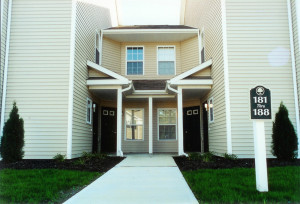The non-owner’s impact to adverse possession’s timing requirement
For someone to adversely possess someone else’s property, the law requires the possession to have lasted continuously for a minimum of 10 years (or 7 years under color of title — usually meaning that the individual was paying taxes on the adversely possessed property). That is logical when the property is readily identifiable between two neighboring property owners. But does that apply when the property owner is not actually occupying the property? Can a non-owner, like a relative, renter, or friend occupy the property and preserve the 10-year requirement?
 Wendy Koch, a fellow associate at Dickson Steinacker, provided the following authority regarding just that issue:
Wendy Koch, a fellow associate at Dickson Steinacker, provided the following authority regarding just that issue:
“Defendants cite no authority in support of their contention that Plaintiff must personally testify in an adverse possession case, especially where he adversely possesses through his wife and children which inures to his benefit. Instead, it is well settled law that an adverse possessor may possess through his tenant (O’Brien v. Schultz, 45 Wn.2d 769, 278 P.2d 322 (1954);Foote v. Kearney, 157 Wash. 681, 290 P. 226 (1930); Flint v. Long, 12 Wash. 342, 41 P. 49 (1895)), and may possess through his contract purchaser (McAuliff v. Parker, 10 Wash. 141, 38 P. 744 (1894)). By analogy then, he may possess through his family members

